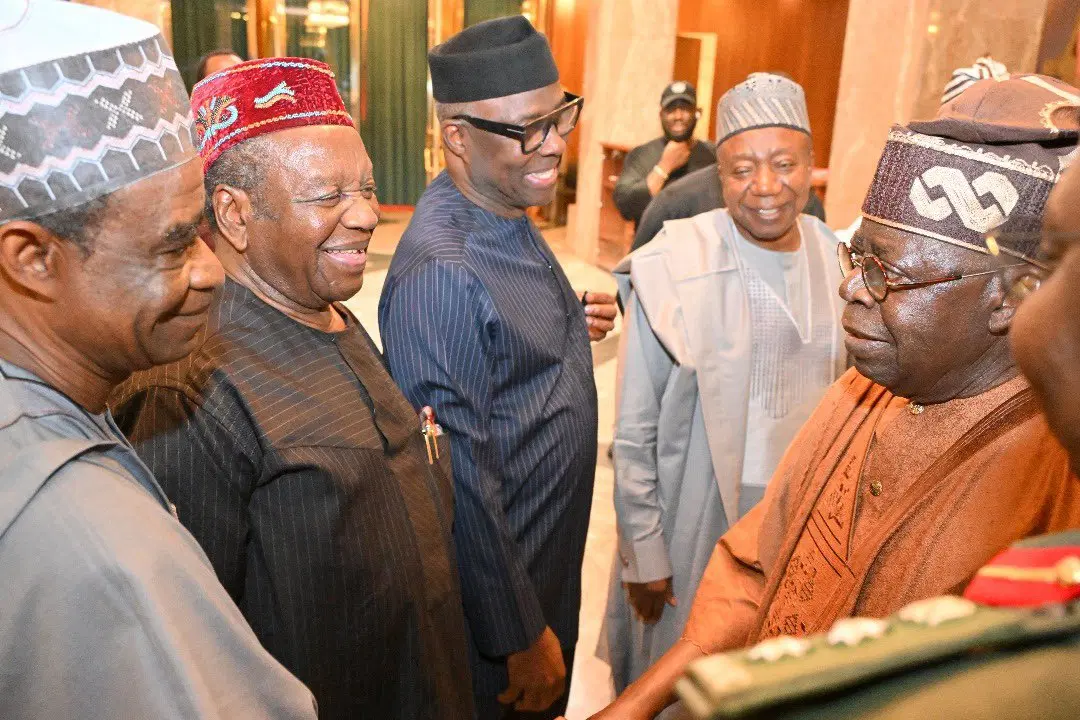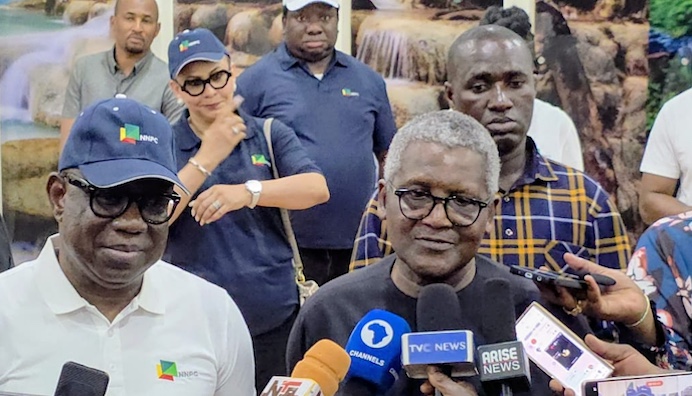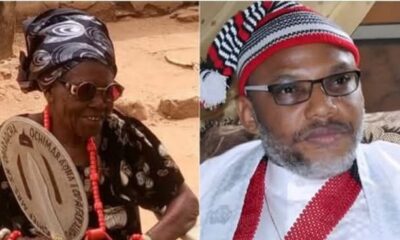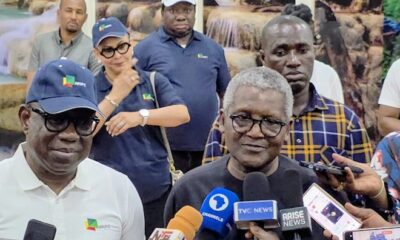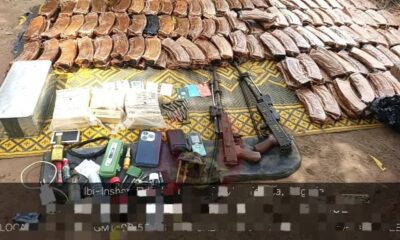The Lagos State Government has begun enforcing a five per cent withholding tax on gaming winnings from licensed gaming platforms operating within the state.
The Chief Executive Officer of the Lagos State Lotteries and Gaming Authority, Are Bashir, made this known in a public notice issued on Friday.
He stated that the policy, which takes immediate effect, applies to players’ net winnings and is to be deducted at the point of payout.
Bashir directed all licensed gaming operators in the state to comply immediately with the new tax framework in line with existing Nigerian tax laws and regulatory directives governing the gaming industry.
According to the notice, the five per cent deduction will be automatically withheld before winnings are paid to players and remitted to the Lagos State Internal Revenue Service as the statutory tax authority.
Bashir said the initiative is part of the state’s wider efforts to improve tax compliance, transparency and accountability in the fast-growing gaming sector.
“The measure forms part of Lagos’ broader drive to strengthen tax compliance, transparency, and accountability in the rapidly expanding gaming sector,” the notice read.
He said under the new arrangement, players are required to provide their National Identification Number (NIN) in line with Know Your Customer (KYC) regulations.
Bashir clarified that all deductions and remittances will be handled strictly by licensed gaming operators in accordance with regulatory requirements, adding that players will receive their winnings net of the statutory deduction, with proper records maintained to ensure transparency.
He further noted that the withholding tax deducted will serve as a tax credit to the player.
“All licensed gaming operators in Lagos State have now been formally directed to commence the deductions with immediate effect,” the notice said.
Bashir reiterated that the policy is aimed at ensuring effective regulation of the gaming industry while aligning both operators and players with existing tax obligations in the state.

